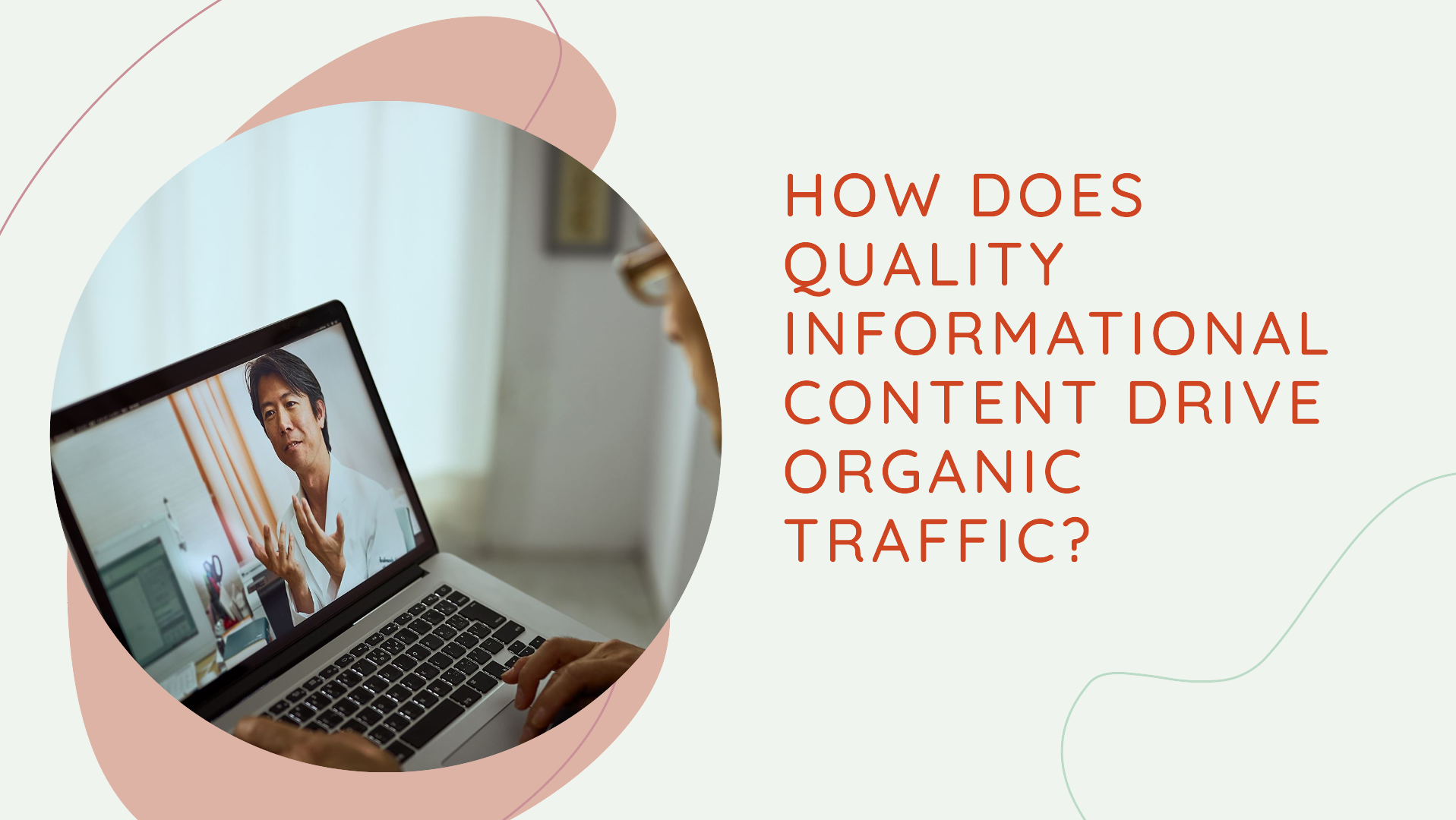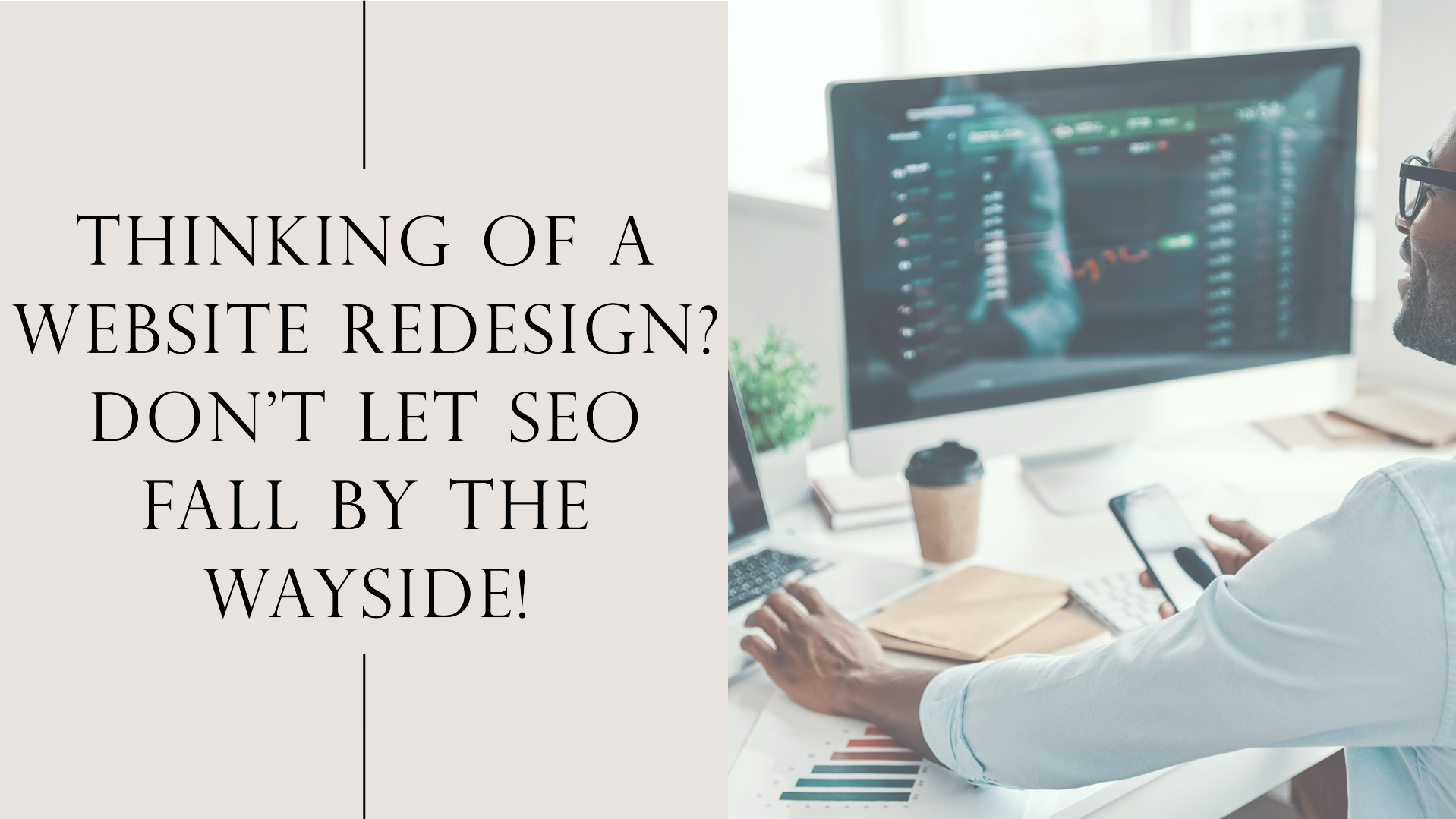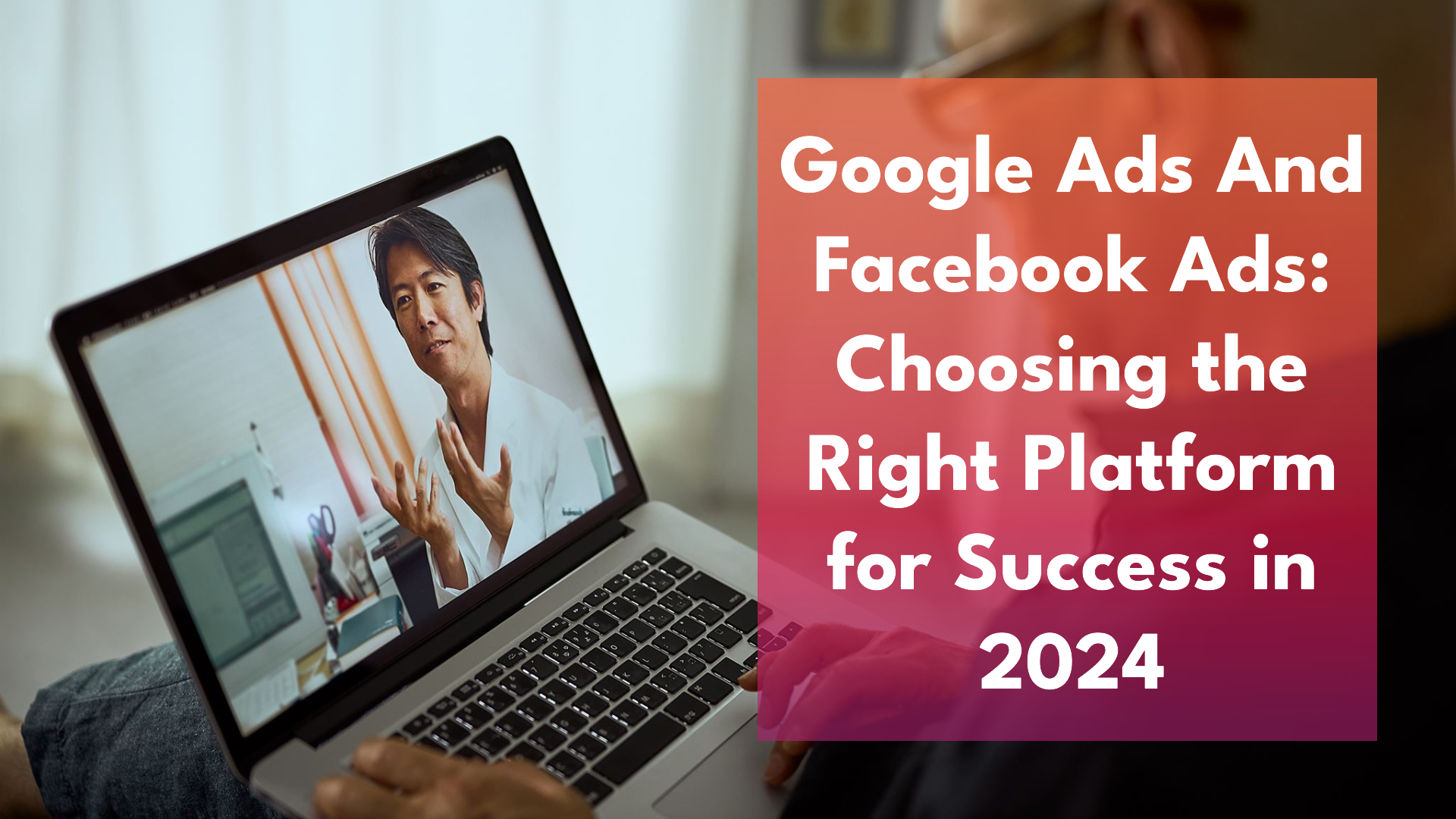Are you struggling to decide between SEO and PPC for your business’s online marketing strategy? Both options have their merits, but choosing the right approach can make all the difference in driving traffic and conversions. In this article, we will explore the key factors to consider when deciding between SEO and PPC, helping you make an informed decision that aligns with your business goals.
Search engine optimization (SEO) focuses on optimizing your website to rank higher on search engine results pages organically. By improving your website’s visibility, you can attract more organic traffic and boost your online presence. On the other hand, pay-per-click (PPC) advertising allows you to display targeted ads on search engine results pages, driving immediate traffic to your website.
When deciding between SEO and PPC, factors such as budget, timeline, competition, and target audience all come into play. By understanding the pros and cons of each strategy and evaluating your specific business needs, you can make an informed decision that maximizes your return on investment.
Join us as we compare SEO and PPC, helping you choose the right digital marketing strategy for your business.
Understanding The Difference Between SEO And PPC
Before we delve into the pros and cons of SEO and PPC, it’s important to understand the fundamental difference between the two strategies. SEO, or search engine optimization, focuses on optimizing your website to rank higher on search engine results pages organically. By improving your website’s visibility, you can attract more organic traffic and boost your online presence. PPC, or pay-per-click advertising, on the other hand, allows you to display targeted ads on search engine results pages, driving immediate traffic to your website.
Both SEO and PPC aim to increase your website’s visibility and attract relevant traffic, but they employ different techniques to achieve this goal. SEO focuses on optimizing your website’s structure, content, and keywords to improve its organic ranking, while PPC relies on paid advertising to display your ads prominently on search engine results pages. Understanding these differences is crucial in determining which strategy will best suit your business’s needs.
The Benefits Of SEO For Your Business
SEO offers several benefits that can significantly impact your business’s online presence and long-term success. Firstly, SEO is a cost-effective strategy compared to PPC, as the primary investment lies in optimizing your website and creating high-quality content. Once your website ranks well organically, you can attract a steady stream of traffic without paying for each click. Additionally, the trust and credibility that come with organic search results can enhance your brand’s reputation and increase customer trust.
Another advantage of SEO is its long-term sustainability. While it may take time to see results, the efforts put into optimizing your website can yield long-lasting benefits. Unlike PPC, where your visibility depends on your advertising budget, SEO allows you to maintain a consistent flow of traffic even if you reduce your marketing spend. By consistently optimizing your website and staying up to date with search engine algorithms, you can secure a strong online presence that drives ongoing traffic and conversions.
Lastly, SEO offers valuable insights into your target audience’s behavior and preferences. Through tools like Google Analytics, you can gather data on user engagement, demographics, and search queries. This information can help you refine your marketing strategies, create targeted content, and continuously improve your website’s performance.
The Benefits Of PPC For Your Business
While SEO offers long-term sustainability and cost-effectiveness, PPC provides immediate results and precise targeting capabilities. One of the main advantages of PPC is its ability to drive immediate traffic to your website. With PPC advertising, your ads can appear prominently on search engine results pages as soon as you launch your campaign. This instant visibility allows you to reach potential customers who are actively searching for products or services similar to yours.
PPC also enables you to have precise control over your advertising campaigns. You can target specific keywords, demographics, locations, and even the time of day when your ads appear. This level of customization ensures that your ads are displayed to the most relevant audience, maximizing your chances of conversion. Additionally, PPC platforms provide detailed analytics and performance metrics, allowing you to track the effectiveness of your campaigns and make data-driven optimizations.
Another benefit of PPC is its flexibility in terms of budget allocation. Unlike traditional advertising methods, PPC allows you to set your own budget and adjust it as needed. This flexibility is particularly advantageous for small businesses or those with limited marketing budgets. By closely monitoring your campaign performance and making adjustments accordingly, you can optimize your spending and ensure that your advertising efforts generate a positive return on investment.
Factors To Consider When Choosing Between SEO And PPC
When it comes to deciding between SEO and PPC, several factors need to be taken into consideration. By evaluating these factors in relation to your business goals, you can determine which strategy aligns best with your objectives and resources.
How To Determine Your Business Goals And Objectives
Before diving into the specifics of SEO and PPC, it’s crucial to define your business goals and objectives. Are you looking to increase brand awareness, generate more leads, or improve online sales? Understanding your objectives will help you choose the strategy that will have the greatest impact on achieving those goals.
If your primary goal is to build a strong online presence and establish your brand’s credibility, SEO may be the better choice. By investing in optimizing your website and creating valuable content, you can attract organic traffic and gradually improve your search engine rankings. On the other hand, if you need immediate results and want to drive targeted traffic to your website, PPC can deliver instant visibility and generate quick conversions.
Evaluating Your Budget And Resources
Budget allocation is an important consideration when deciding between SEO and PPC. SEO requires a long-term investment in optimizing your website, creating high-quality content, and monitoring its performance. While the initial costs may be lower compared to PPC, it’s important to allocate resources for ongoing optimization and content creation.
PPC, on the other hand, involves direct advertising costs. The amount you spend on PPC will depend on factors such as keyword competitiveness, target audience size, and your desired level of visibility. It’s essential to set a realistic budget and monitor your campaigns closely to ensure that you’re maximizing your return on investment.
Assessing Your Target Audience And Market Competition
Understanding your target audience and the level of competition in your industry is crucial in determining which strategy will yield the best results. If you operate in a highly competitive market where top organic rankings are dominated by established players, PPC can provide a more immediate and effective way to gain visibility.
However, if your target audience is more likely to engage with organic search results or you have a niche market with less competition, SEO can be a cost-effective approach. By consistently optimizing your website and creating valuable content, you can improve your organic rankings and attract relevant traffic.
Case Studies: Successful Examples Of Businesses Using SEO And PPC
To further illustrate the benefits and effectiveness of SEO and PPC, let’s take a look at some successful case studies.
Case Study 1: Company A – Dominating organic search with SEO
Company A operates in a competitive industry, with several well-established players vying for top search engine rankings. Understanding the importance of organic visibility, they invested heavily in SEO. By optimizing their website, creating valuable content, and conducting keyword research, they gradually climbed the search engine rankings.
Over time, Company A achieved top organic rankings for several highly competitive keywords, resulting in a significant increase in organic traffic. The sustained effort in SEO paid off, as they were able to establish their brand as a trusted authority in their industry. With a strong online presence and high organic visibility, Company A consistently attracts relevant traffic and experiences a steady increase in conversions.
Case Study 2: Company B – Driving immediate conversions with PPC
Company B, a startup operating in a niche market, needed to generate immediate leads and sales to establish their brand. Recognizing the need for immediate visibility, they decided to invest in PPC advertising. By conducting thorough keyword research and creating compelling ad copy, they launched targeted PPC campaigns.
With the ability to precisely target their audience and tailor their ads to specific keywords, Company B saw an immediate increase in website traffic. The highly targeted nature of PPC allowed them to connect with potential customers who were actively searching for their products, resulting in a high conversion rate. By continuously optimizing their campaigns and monitoring their performance, Company B was able to generate consistent leads and drive online sales.
Making The Final Decision: Choosing The Right Strategy For Your Business
In conclusion, both SEO and PPC have their unique advantages and can be effective strategies for driving traffic and conversions. When deciding between the two, it’s important to consider factors such as your business goals, budget, target audience, and market competition.
If you’re looking for long-term sustainability, cost-effectiveness, and the ability to build brand credibility, SEO may be the better choice. On the other hand, if you need immediate visibility, precise targeting, and the ability to drive quick conversions, PPC can be a valuable strategy.
Ultimately, the best approach is often a combination of both SEO and PPC, tailored to your specific business needs. By leveraging the strengths of each strategy and continuously monitoring and optimizing your campaigns, you can maximize your online presence, attract relevant traffic, and drive conversions.
FAQs about SEO and PPC
Q1: What is the difference between SEO and PPC?
Ans. SEO (Search Engine Optimization) focuses on improving your website’s ranking on search engine results pages (SERPs) organically, while PPC (Pay-Per-Click) advertising involves displaying targeted ads on SERPs that you pay for each click.
Q2: Which is cheaper, SEO or PPC?
Ans. SEO is generally considered more cost-effective in the long run. However, it requires an initial investment of time and resources for website optimization and content creation. PPC involves direct advertising costs based on factors like keywords and competition.
Q3: Which one gets results faster?
Ans. PPC delivers faster results as your ads can appear on SERPs immediately after launching your campaign. SEO is a long-term strategy that takes time and consistent effort to see significant improvements in organic rankings.
Q4: Is SEO or PPC better for brand awareness?
Ans. SEO can be more effective for building brand awareness in the long term as organic rankings establish your website as a trusted authority. However, PPC can also boost brand awareness by displaying your brand name and message prominently on SERPs.
Q5: When should I consider using SEO?
Ans. SEO is a good option if you’re looking for a cost-effective, long-term strategy to build brand credibility, attract organic traffic, and target a niche market with less competition.
Q6: When should I consider using PPC?
Ans. PPC is beneficial if you need immediate website traffic, want precise targeting capabilities to reach your ideal audience, and have a budget for advertising costs.
Q7: Can I use both SEO and PPC together?
Ans. Yes, combining SEO and PPC can be a powerful strategy. You can leverage SEO for long-term organic growth and PPC for immediate visibility and targeted campaigns.
Q8: How can I determine my business goals for SEO or PPC?
Ans. Define your primary objectives. Are you aiming to increase brand awareness, generate leads, boost website traffic, or drive online sales? Choose the strategy that best aligns with your goals.
Q9: What factors should I consider when allocating a budget for SEO or PPC?
Ans. For SEO, consider the ongoing costs of content creation and website maintenance. For PPC, factor in keyword competitiveness, target audience size, and desired ad visibility. Set realistic budgets and track performance for optimal ROI.
Q10: How can I research my target audience for SEO or PPC?
Ans. Analyze your ideal customer demographics, interests, and online behavior. Use audience research tools and competitor analysis to understand your target market for both SEO and PPC strategies.




Recent Comments